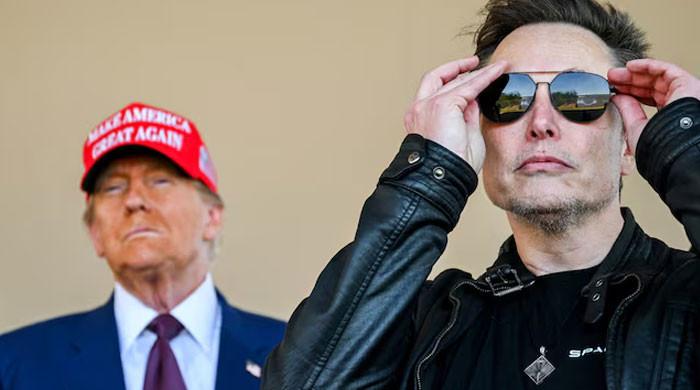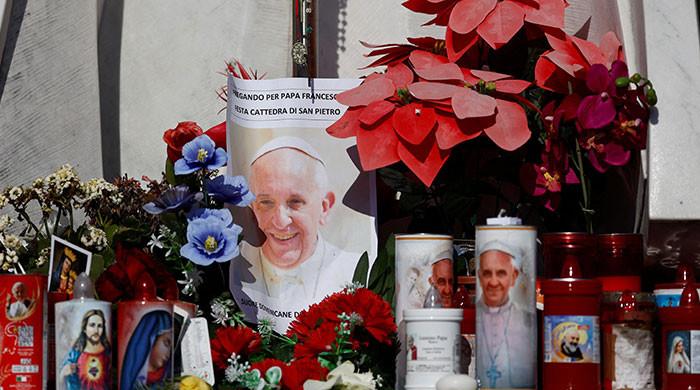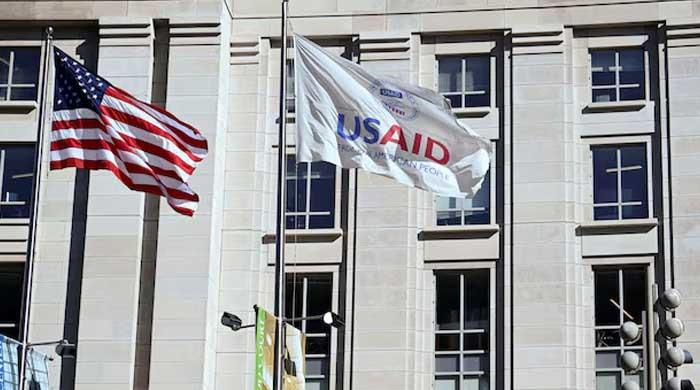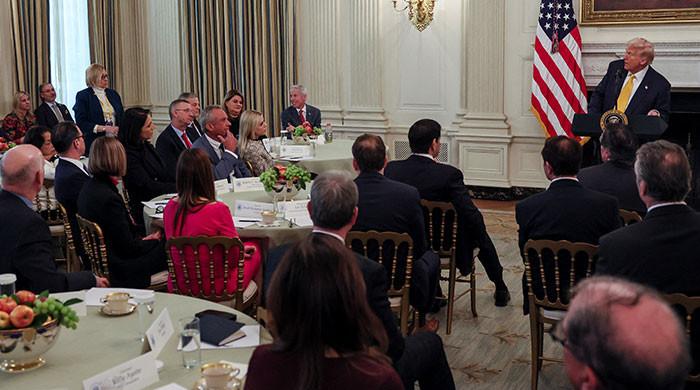WHO calls on countries to donate 10 million coronavirus vaccine doses 'immediately'
Ten million doses is not much and it is not nearly enough, but it is a start, says WHO
March 26, 2021
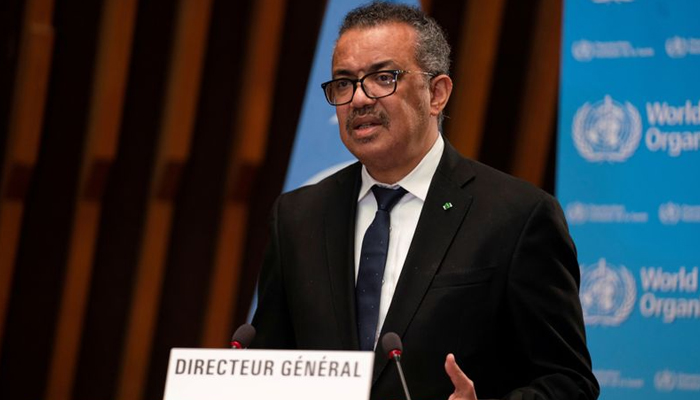
- Rush to secure vaccines has delayed COVAX scheme's targets for poor nations, says WHO
- WHO urges countries to donate spare doses to the facility.
- Ten million doses is not much and it is not nearly enough, but it is a start, says WHO.
The World Health Organisation's (WHO) director-general Tedros Adhanom urged countries on Friday for the donation of 10 million COVID-19 vaccine jabs to ensure that every country could start vaccinating their population within the first 100 days of 2021.
WHO's director-general said that a rush to secure vaccines had delayed deliveries that the COVAX scheme for bringing jabs to poorer nations had been counting on.
He urged countries that could do so to donate spare doses to the facility.
Tedros had called for all countries in the world to begin vaccinating within the first 100 days of the year, but said that so far, 36 countries had still yet to receive a single dose.
He told a press conference that 16 of those were scheduled to receive their first doses through Covax within the remaining 15 days.
However, that left 20 countries that were going to miss out.
"Getting all countries started by day 100 is a solvable problem. Covax needs 10 million doses immediately as an urgent stop-gap measure so these 20 countries can start vaccinating their health workers and older people within the next two weeks," Tedros said.
"So today I'm asking countries with doses of vaccines that have WHO emergency use listing to donate as many doses as they can to help us meet that target.
"Ten million doses is not much and it is not nearly enough, but it is a start," he said.
The Covax global vaccine-sharing scheme ensures that 92 of the poorest countries in the world can access vaccines, with the cost covered by donors.
The scheme aims to distribute enough doses to vaccinate up to 27 percent of their populations by the end of the year.
It was supposed to deliver some 238 million doses by the end of May.




